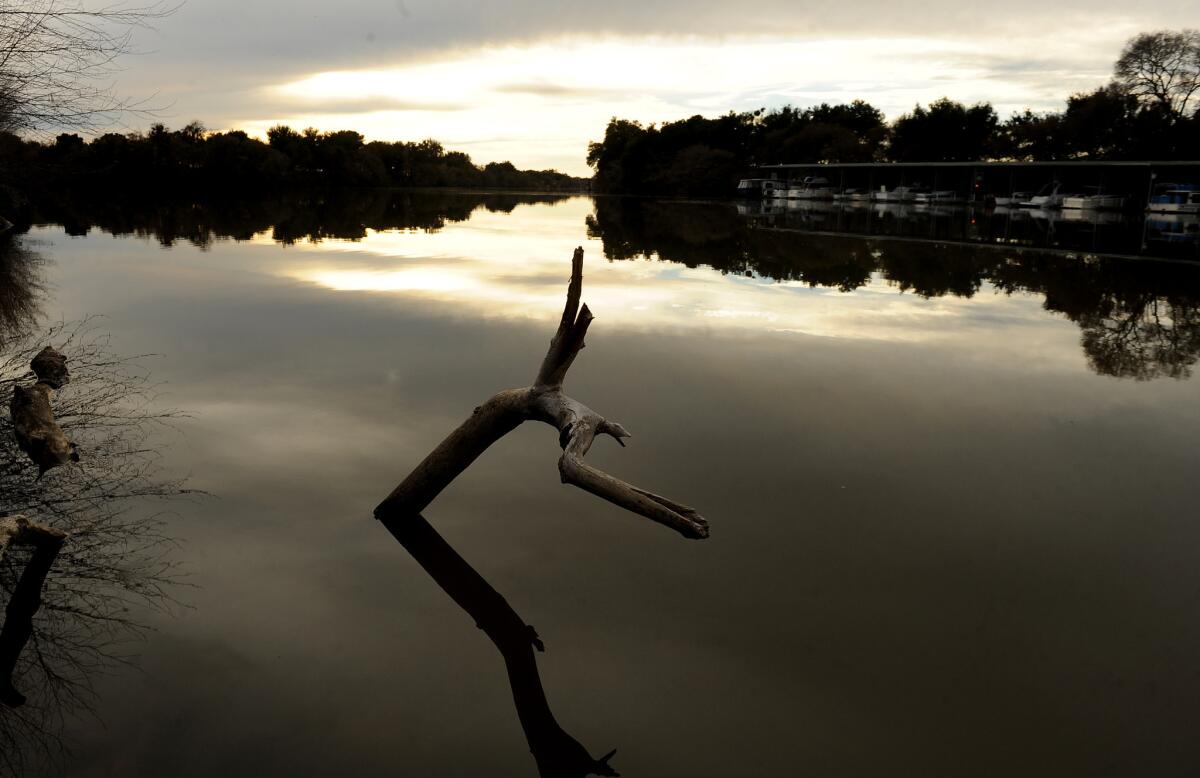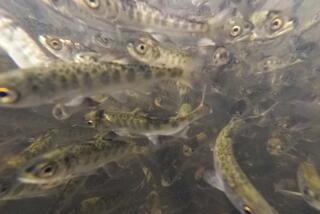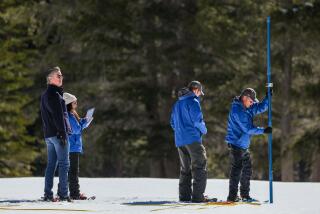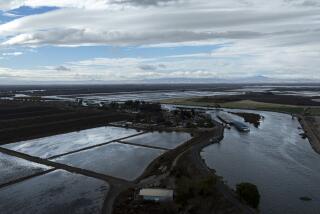Gov. Jerry Brown set to unveil scaled-back delta conservation plan

Gov. Jerry Brown is expected to announce Thursday that the state is substantially trimming the amount of fish and wildlife habitat it plans to restore in connection with a controversial project to replumb the heart of California’s water system.
This month, state water officials said they were overhauling a proposal to construct two massive water tunnels under the Sacramento-San Joaquin River Delta and restore more than 100,000 acres of delta habitat.
Among the changes that Brown is expected to detail at an Oakland news conference is the decision to move ahead with just 30,000 acres of habitat work in the next 3.5 years.
“It represents a shift from the aspirational ... to something that is more realistic and has actual dollars behind it,” Carl Wilcox, delta policy advisor to the director of the state Department of Fish and Wildlife, said Wednesday.
The acreage of the revised project was reported earlier by the Associated Press.
Funding would come from last year’s water bond and other sources. The restoration effort would also be separated from the tunnel construction as the state changes its permitting approach for the project, known as the Bay Delta Conservation Plan.
Years in the making, the plan is designed to lessen the environmental harm of delta water exports by building a new diversion point on the Sacramento River that would feed two 30-mile tunnels connected to existing pumping facilities that send supplies south to San Joaquin Valley growers and Southland cities.
The project also called for restoring 100,000 acres or more of habitat over five decades at a cost of $8 billion in federal and state funds.
A major goal of the plan was to gain a 50-year environmental permit for delta exports that would ease the endangered species restrictions that have cut delta deliveries.
But state water resources Director Mark Cowin this month said it had become apparent that the project couldn’t meet the tough federal requirements for such long-term approvals.
So the state is shrinking the scope of the project. It will pursue shorter permits, split off the habitat work and focus on restoring 30,000 acres of wetland and tidal habitat at a much smaller cost. Some of the habitat work is required under existing permits and is overdue.
The water contractors who have committed to paying the $15-billion construction bill for the tunnels have argued that improving habitat is bound to boost populations of imperiled delta smelt and migrating salmon.
But the federal fishery agencies that have to approve the project have expressed doubts that the restoration would be that beneficial for species that are suffering from a host of problems, including a loss of half the fresh water that once flowed through the delta out to sea.
Delta farmers, who staunchly oppose the tunnels, also worry that they would lose tens of thousands of acres of cropland to the restoration program.
A shorter permit could make the project less attractive to the water contractors, who saw a 50-year permit as protection from continuing cuts in delta deliveries.
“We don’t really know what the permitting will be 10 years from now, 15 years from now,” Jeffrey Kightlinger, general manager of the Metropolitan Water District of Southern California, said this month. “That’s the challenge in making sure it’s a sound investment. Does it pencil out and still make sense?”
Twitter: @boxall
More to Read
Start your day right
Sign up for Essential California for news, features and recommendations from the L.A. Times and beyond in your inbox six days a week.
You may occasionally receive promotional content from the Los Angeles Times.







